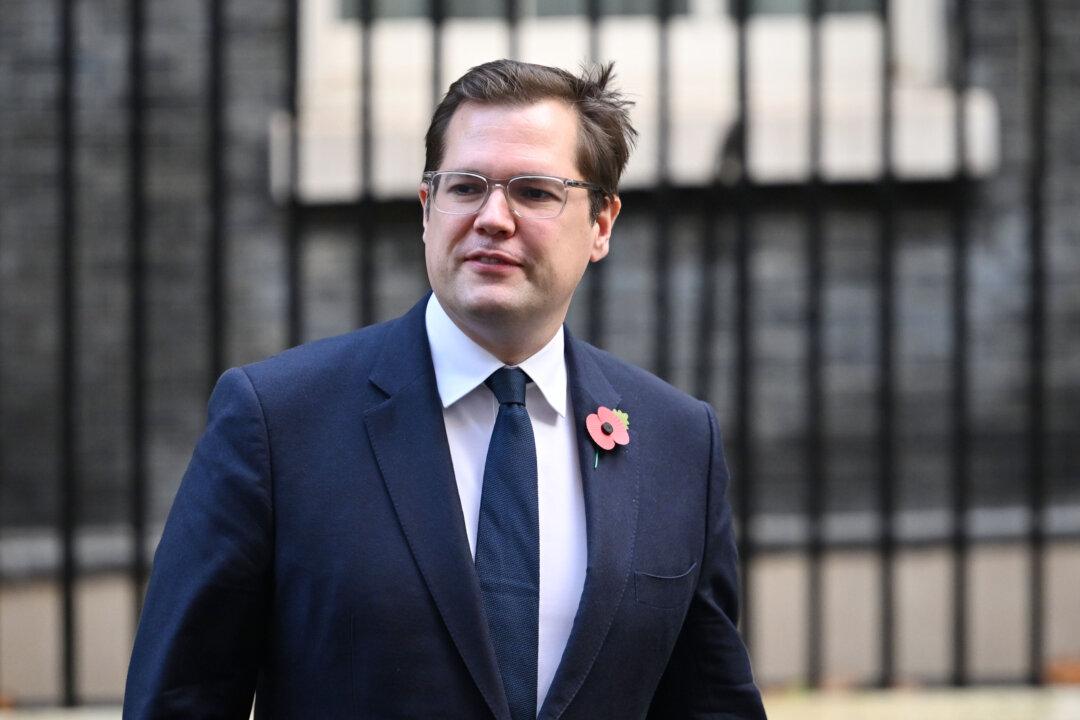Albanians should be barred from claiming asylum in the UK as they are coming from a “demonstrably safe” country, the UK’s immigration minister has said.
The government is under intense pressure from Conservative MPs to get to grips with the issue of human traffickers using small boats to ferry illegal immigrants across the English Channel into the UK.





